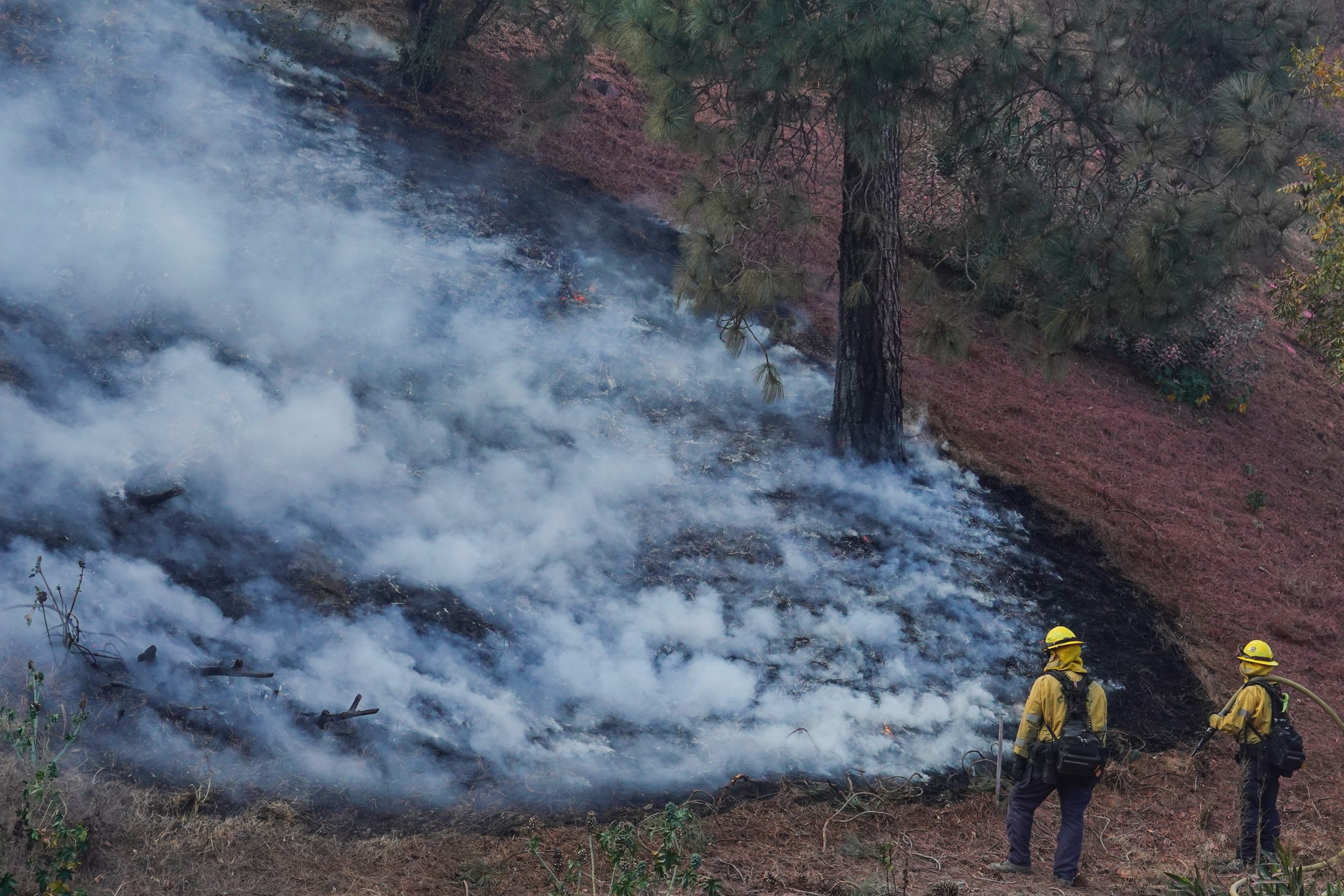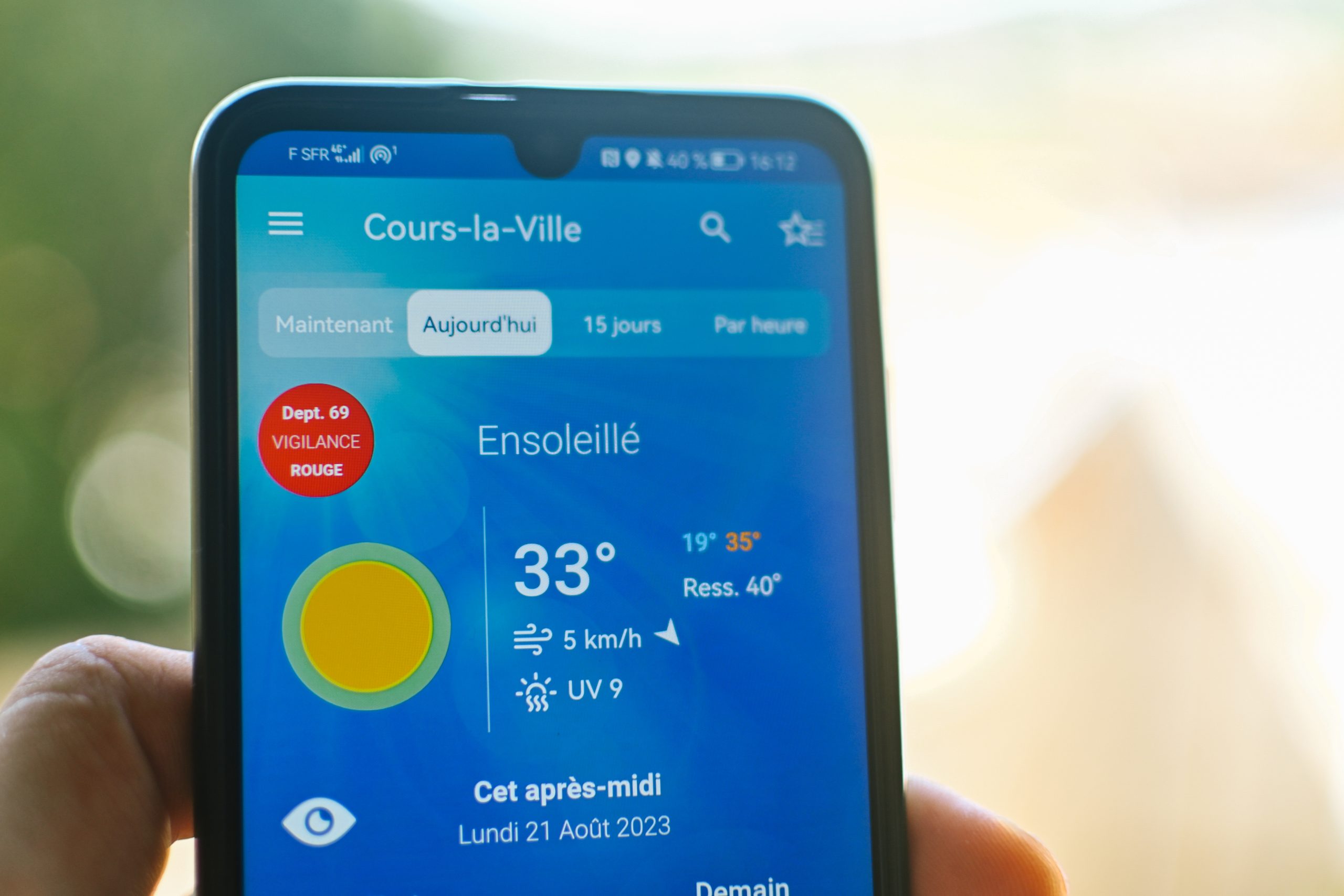What’s in the report?
This report investigates what gamers in the United States think of global warming, exploring climate change knowledge, attitudes, policy preferences, and behavior. The research will help the video game community, including game companies, designers, programmers, journalists, and players (among others) better understand the gaming user base and identify opportunities to engage them in climate science and solutions.
The report is structured around key findings relating to categories surrounding climate change; attitudes and risk perception, personal and social engagement, to opportunities for action.
Why do video gamers’ views on global warming and climate change matter?
3 billion people worldwide, of all ages, nationalities, genders, and socioeconomic statuses, play video games. While they have become a favorite form of entertainment, games also allow players to acquire skills and knowledge about new topics. Gaming’s broad and extensive reach creates an enormous opportunity to address climate change within the gaming community.
Through games, players can acquire new knowledge about the climate crisis and can be empowered to take individual and collective action at any scale and in any location. Members of the broad ecosystem of game developers, climate planners, activists, and communicators are excited about the potential of the video gaming community but don’t yet understand how to best engage with it.
Read the report
Section I: Global Warming Attitudes & Risk Perceptions
Section II: Personal and Social Engagement with Global Warming
Section III: Who Should Act on Global Warming?
Section IV: Personal and Collective Actions to Limit Global Warming
Section V: Global Warming’s Six Americas
Key Findings
Gamers’ attitudes & risk perceptions on global warming
- Nearly three-quarters of video gamers (73%) think global warming is happening
- Most video gamers think global warming will harm plant and animal species (74%), future generations of people (72%), people in developing countries (69%), the world’s poor (69%), people in the US (67%), people in their community (60%), their family (58%), and themselves personally (56%). This shows that people’s recognition of the risks of climate change diminishes alongside increasing proximity to themselves.
Personal and social engagement
- 22% of video gamers have seen or heard content related to global warming as part of gaming in the last 12 months. 13% of video gamers say they took actions based on the content they learned about global warming in a game or gaming stream.
- Almost half of video gamers (45%) say they either “often” or “occasionally” discuss global warming with family and friends.
- Most video gamers (63%) say they feel a personal sense of responsibility to help reduce global warming.
Who should act?
- More than half of video gamers (56%) think the gaming industry has a responsibility to act on global warming and should reduce its own carbon emissions.
- Nearly half of video gamers (45%) think the video gaming industry should be doing more to address global warming.
Personal and collective actions to limit global warming
- Nearly half of video gamers (44%) would support an organization engaging in non-violent civil disobedience against corporate or government activities that make global warming worse, and 38% would personally engage in such non-violent civil disobedience.
- About half of video gamers (49%) say they have rewarded companies that are taking steps to reduce global warming by buying their products one or more times in the past 12 months. More than four in ten video gamers (43%) say they have punished companies that are opposing steps to reduce global warming by not buying their products one or more times.












